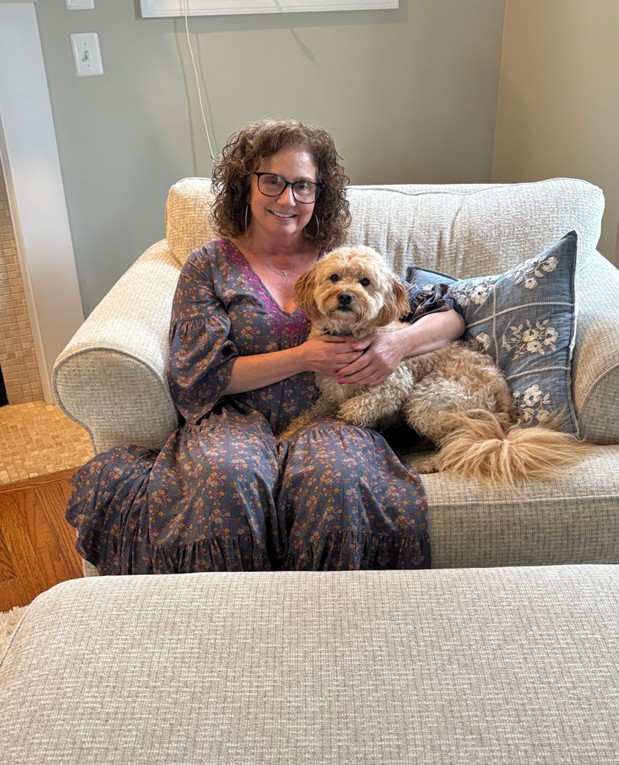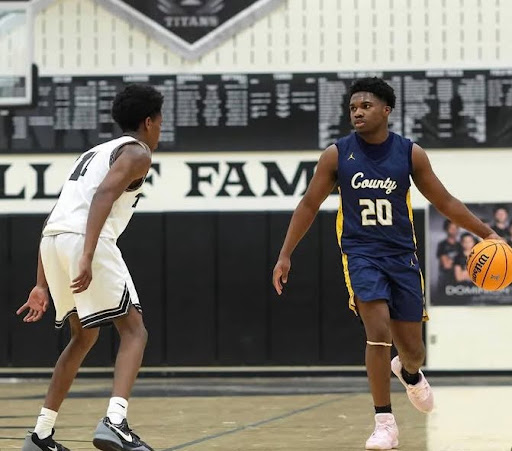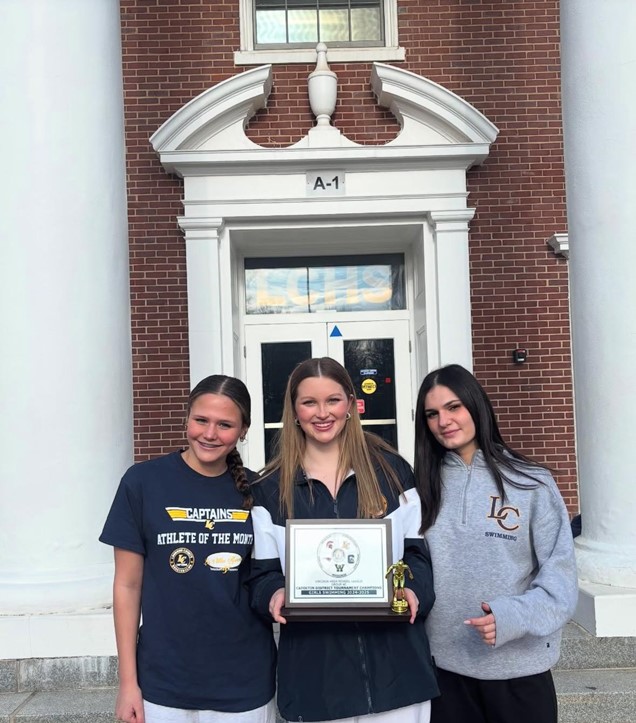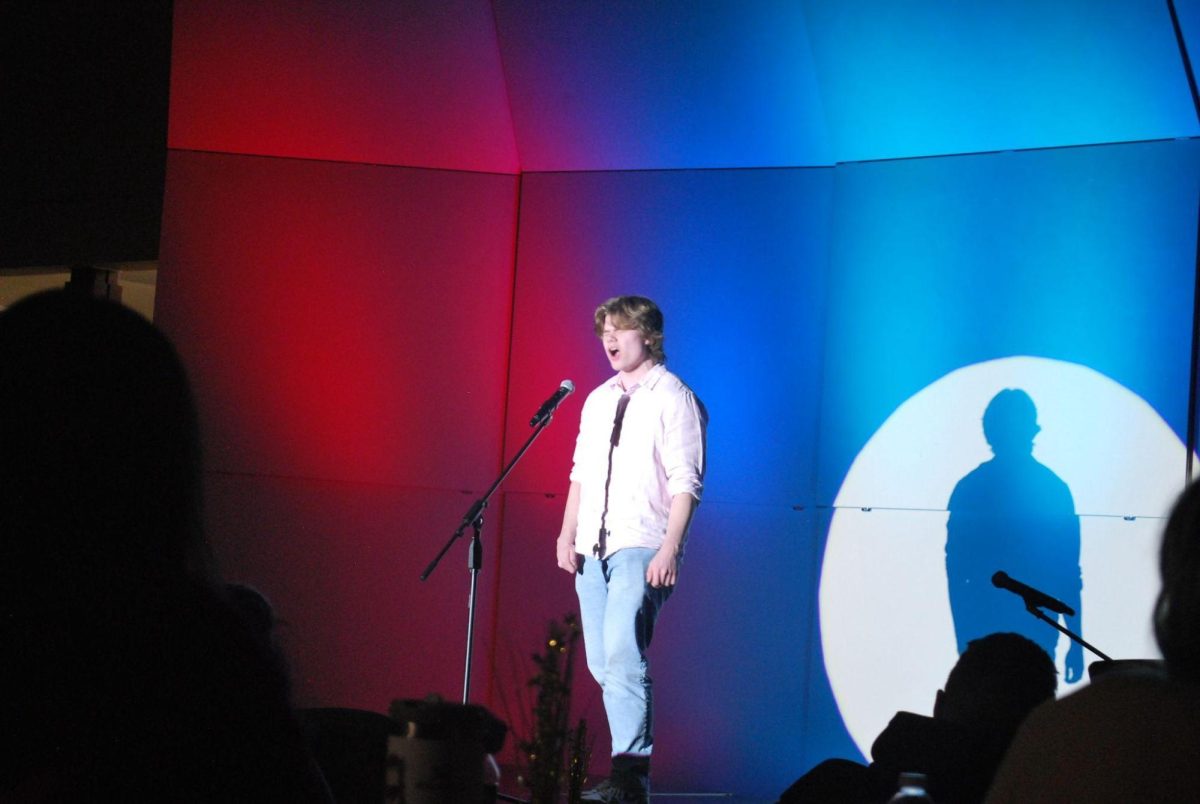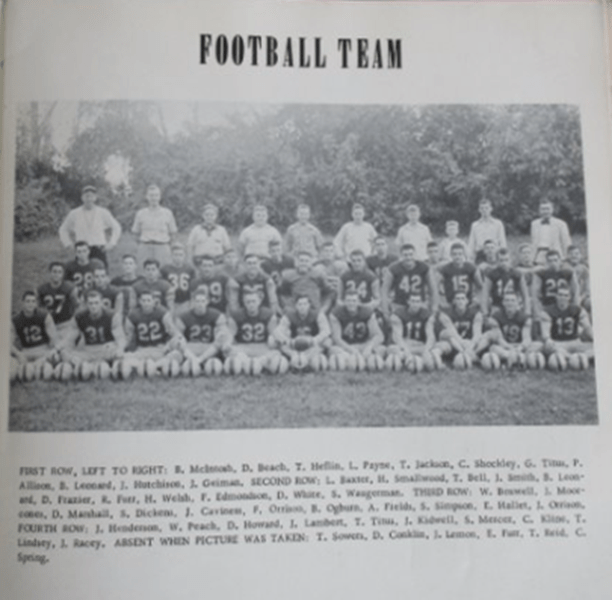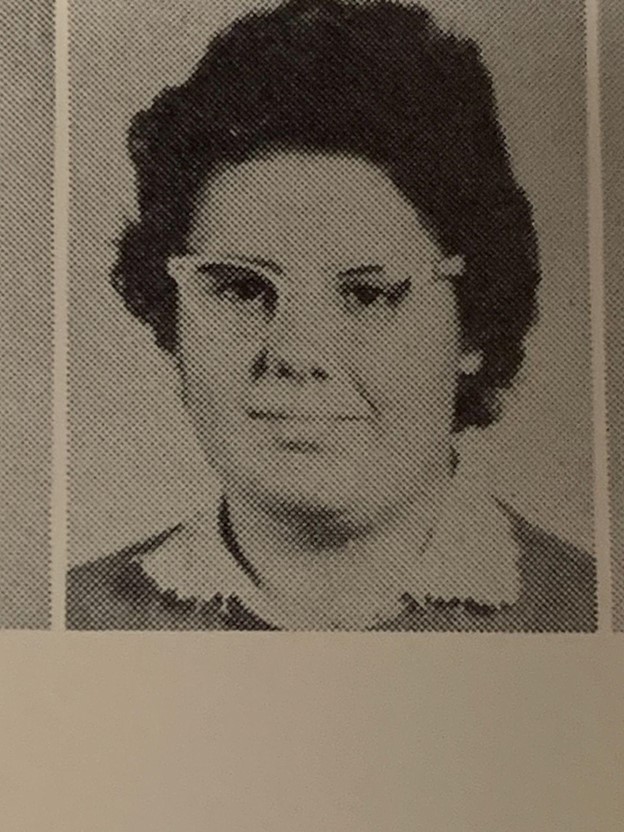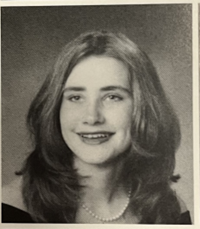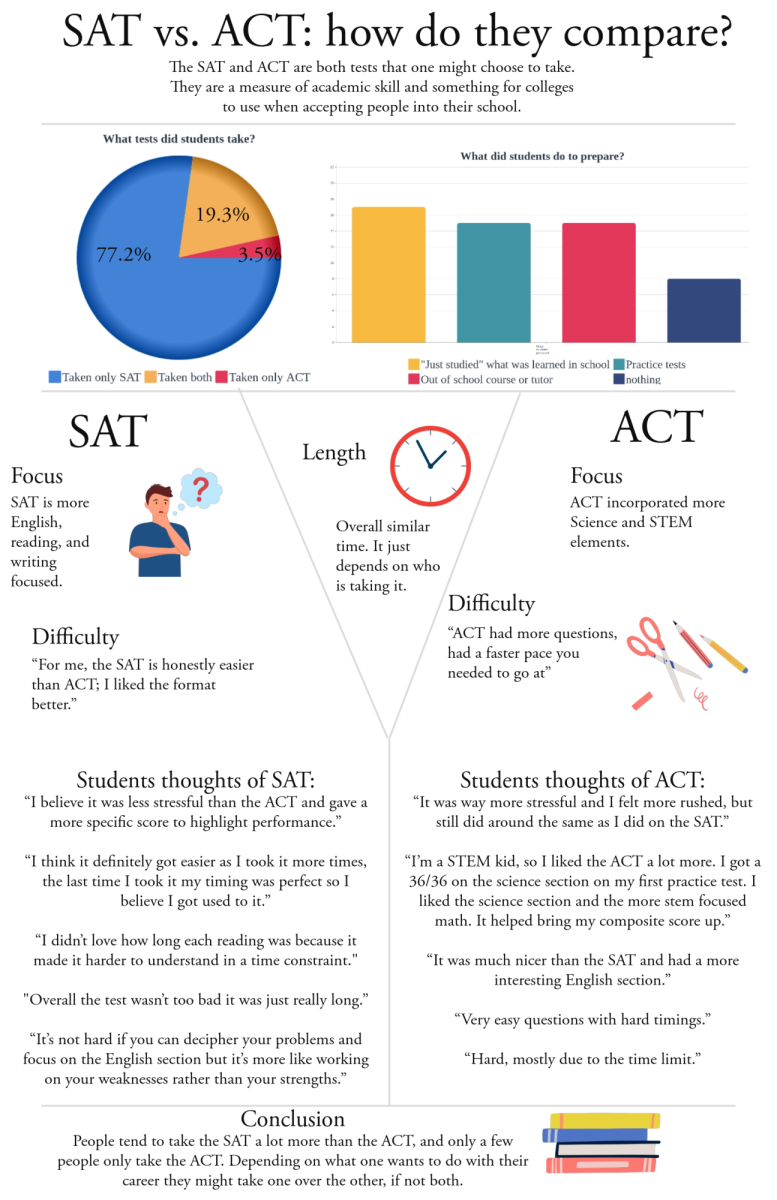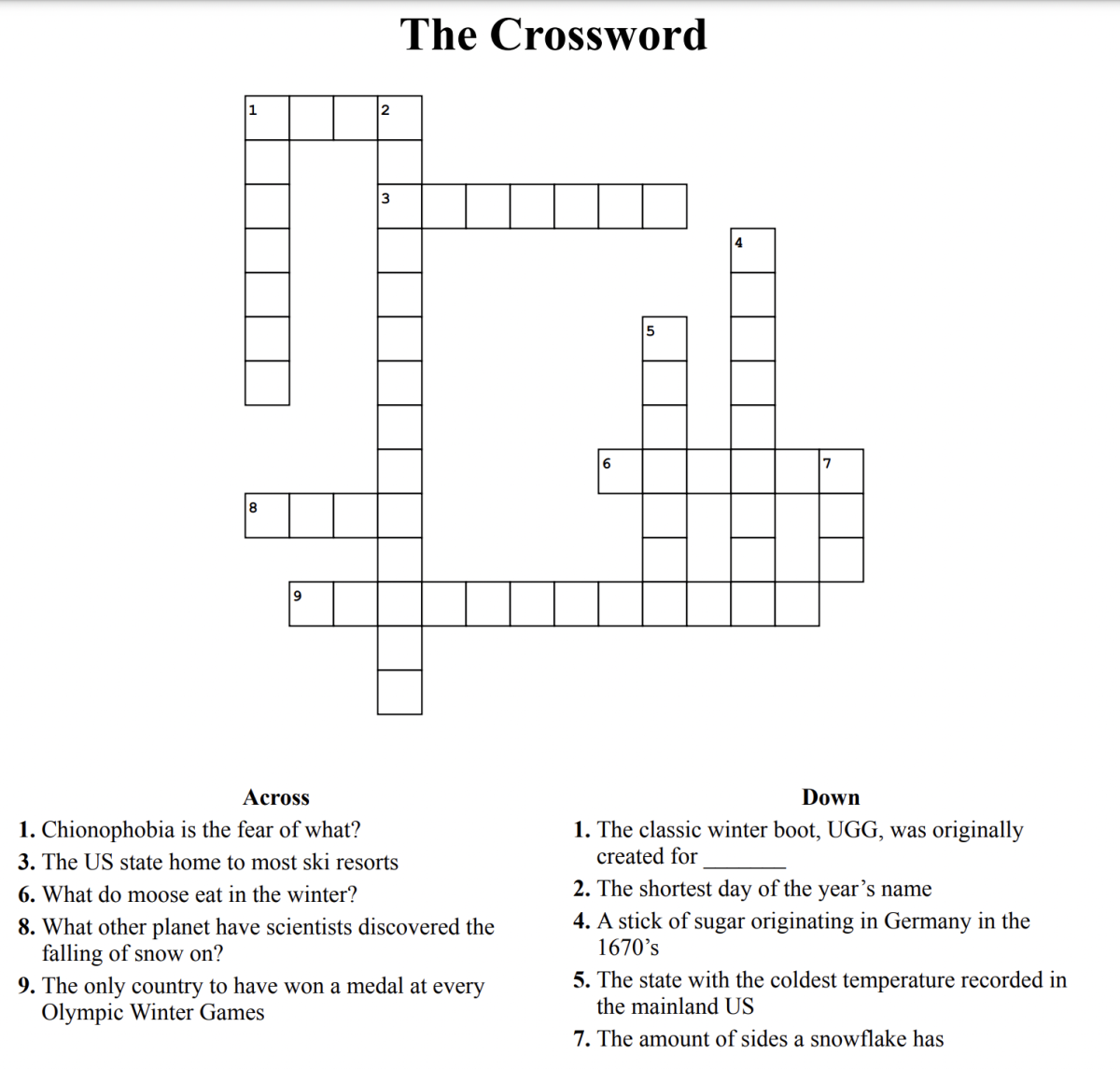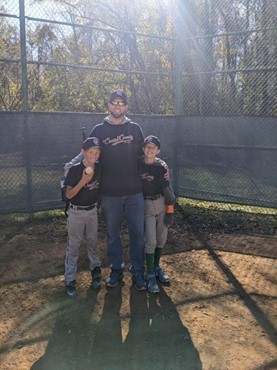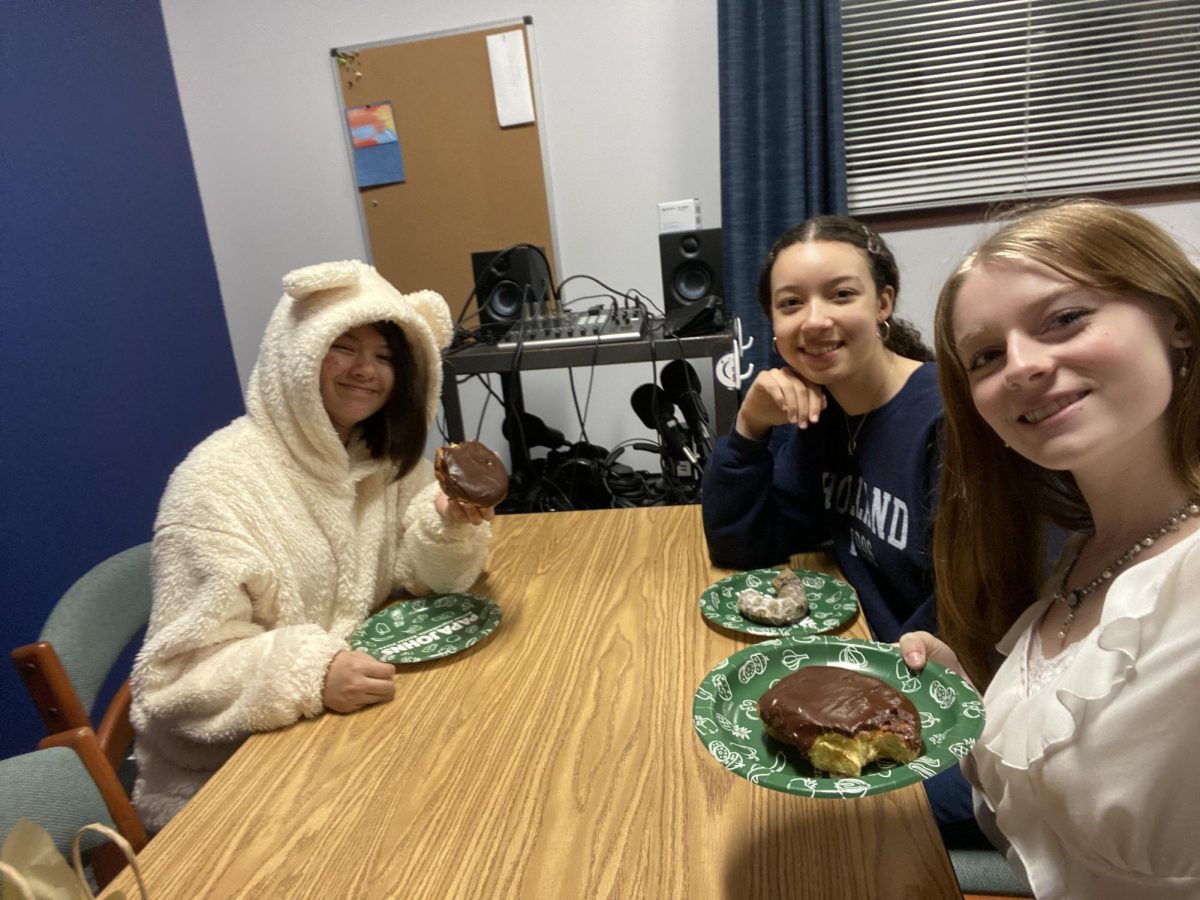ASL teacher Barry Deuel begins each class with a greeting and a 10 minute break to allow students a chance to prepare themselves to learn ASL. He realizes that students need a chance to “defocus” before their next class. This climate is then translated to ASL club, and its engaging and wholesome atmosphere is one aspect that makes the club so enjoyable for students.
“We have doughnuts, and we have fun, and we don’t take ourselves seriously. We try our very best to be signing most of the time, but we also realize it’s a club, it should be fun,” Deuel said.
Barry Deuel is one of two American Sign Language teachers here, along with Sheila Price. He is a CODA (child of deaf parents), and ASL is his first language. During meetings, the club plays relay games using signing to help with memorization. They also make slideshows to teach new signs.
“I would describe the atmosphere of the club as comfortable. We always start the meetings with donuts or candy and chatting,” Moskall said.
She’s been taking ASL for three years, and will be graduating this year. The club is important to her for two reasons, she says.
“The first is because I was one of the people that created it, so I feel very responsible for it. Another reason is because I am very passionate about learning ASL, and I want to share it with other people at our school.”
Deuel also finds the club meaningful, not just to him as a teacher, but to the student body as well. Due to the Academies of Loudoun, many students are unable to participate in the electives they’d like to.
“It gives them a chance to stay connected,” Deuel said.
In addition, teaching gives him a chance to engage with students, and to help them uncover new methods of learning.
“This is so different from English or other world languages, not better than, but different, and for a lot of kids that are better with their visual learning ability, it’s a home run,” Deuel said.
In a society where learning tends to be taught in a specific way, ASL can be a fresh take for those who need a system more unconventional. Furthermore, cultural knowledge of ASL is lacking.
“I think that culture is really tough to teach if you don’t have a lot of folks who understand deafness and American Sign Language,” Deuel said. “It gives us avenues to explore and discuss ways that the deaf communicate outside of the school building.”
To learn more about ASL culture, they watch videos and have discussions during class. One topic they discuss is the Deaf President Now protests at Gallaudet University, the only liberal arts college for deaf students in the world.
“Gallaudet University protested the naming of a new president that was hearing, with literal no understanding of deaf culture. That led to the resignation of that person, and the elevation of the first deaf president of Gallaudet University,” Deuel said.
He describes it as a “cultural awakening” and is an example of how the deaf have to fight to be understood.
“The only thing the deaf cannot do is hear. They have all the emotional intelligence and communicative abilities they need, and they make all the adaptations needed to fit in with the hearing culture,” Deuel said.
The reason ASL club is so important is because it brings more hearing people to acknowledge the struggles deaf people face, and recognize that they are just as human as everyone else.
Right now, club leaders Moskal and Miltenberger are working to recruit some new, younger members to help the program grow.
“We are still a relatively new club and are still actively looking for new members, specifically from the freshman and sophomore class. I want to be able to build up the club so that it is able to have a strong connection with the deaf community in our town,” Moskal said.




